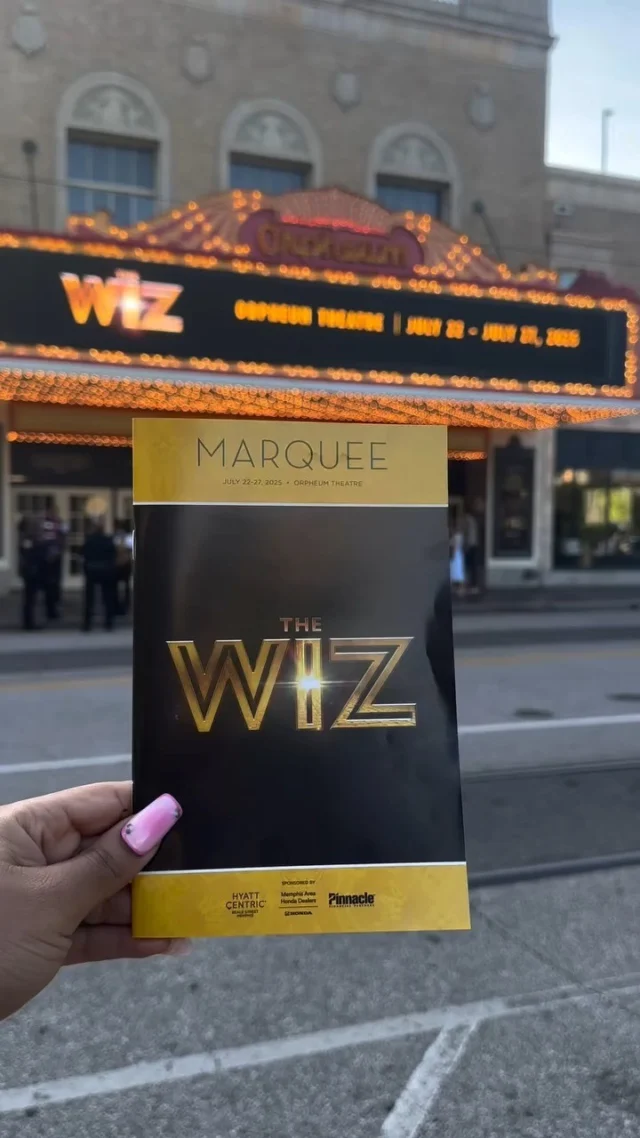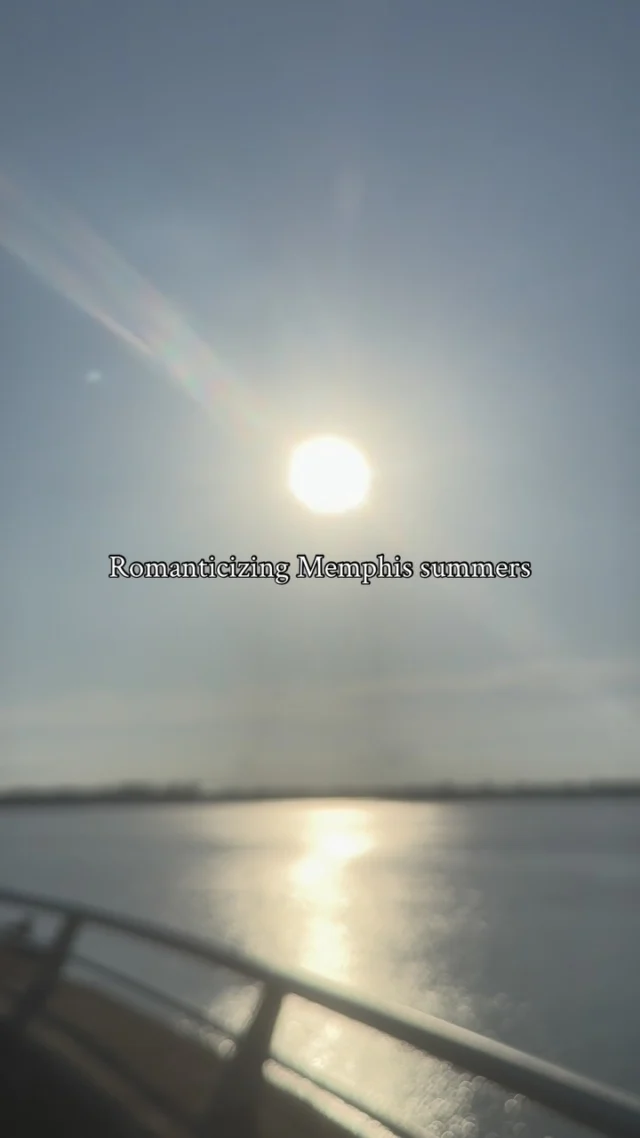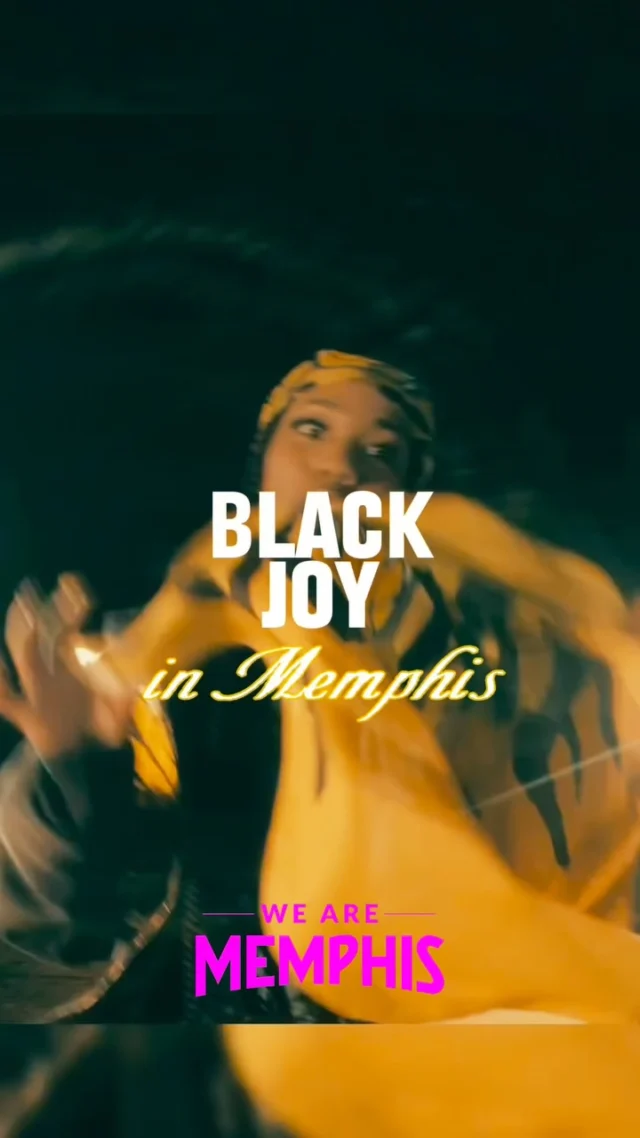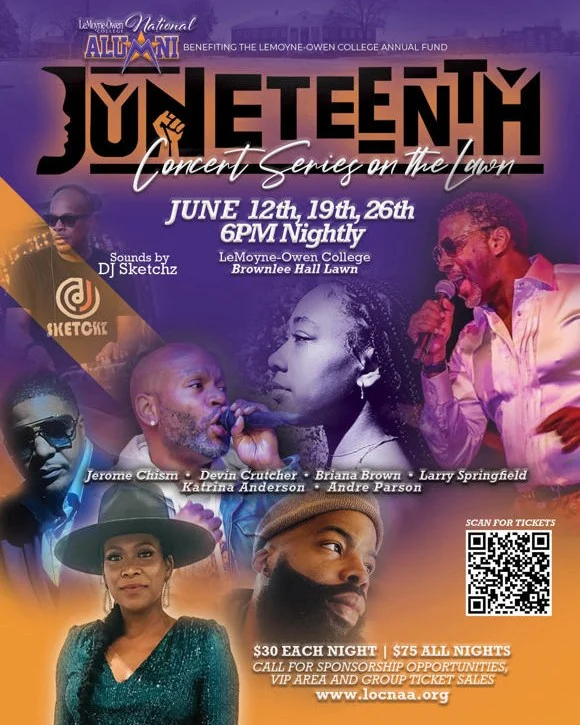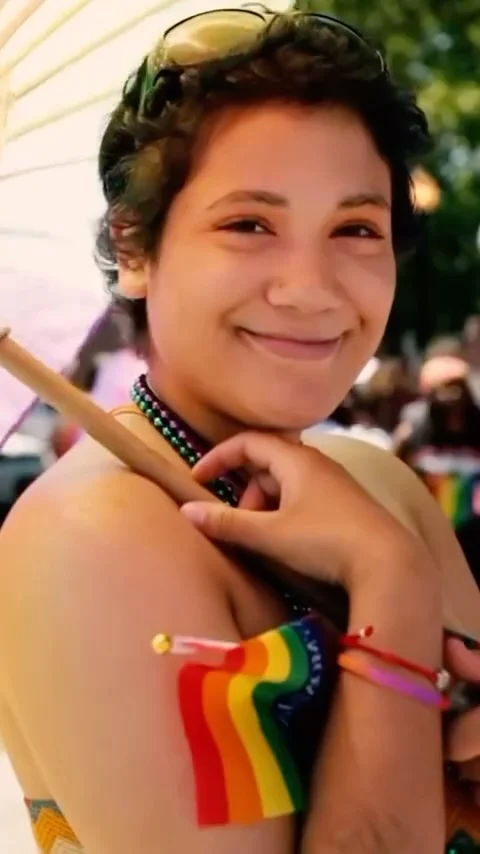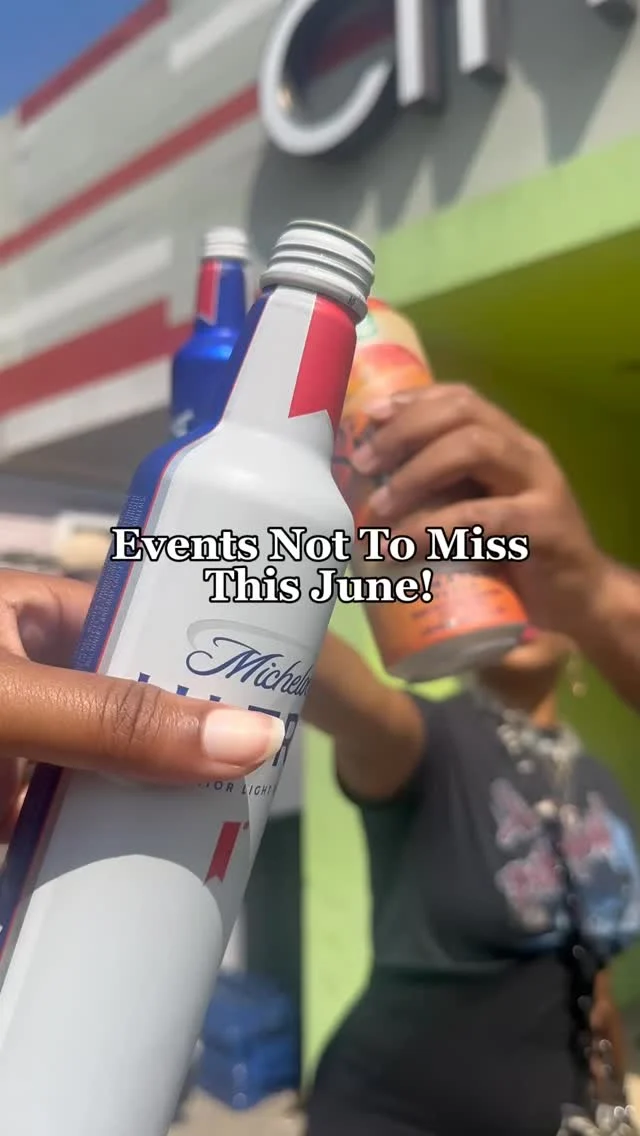Story by Ezra Wheeler
Photos by Shane Smith
Lukah, the South Memphis rapper with a rapidly growing profile, seems to take the idiom “strike while the iron’s hot” as a personal mantra, releasing an astounding 5 full-length albums over the past three years. “I want to see a change in the way that hip-hop has been trending. There’s a lack of balance right now, and I’m driven to help bring that back. People’s attention spans are so fucking short, you’re almost forced to keep going and going and going. I have a lot of shit in my head that I just have to get out.”
Lukah (born Timothy Love Jr.) is certainly an anomaly in today’s rap scene, an old soul with a sound that harkens back to hip-hop’s vaunted “Golden Age.” Raised in a deeply musical family of women, Lukah seemed prime for a life in entertainment from the beginning. “Everybody had their talent in my house and there was always music playing-Michael Jackson, Prince, the Temptation, Al Green-I grew up listening to everything, and I first got into music by singing.” Rapping came soon after, and there was no turning back. “I remember I was at a sock hop in elementary school and Crucial Conflict’s ‘Hay’ came on. I saw the way that we all reacted and I said to myself ‘I want to do this.’”
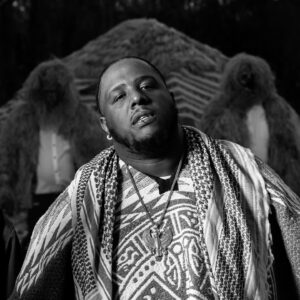
In addition to his musical upbringing, Lukah was also surrounded by family members with radical and revolutionary political beliefs, a fact that should be unsurprising to anyone familiar with his art. “My grandfather is an influential community activist and an advocate for Black people, but I was also raised in a neighborhood where I was exposed to the trials and tribulations of the streets. I say it best in a song… ‘all my life I was torn between gangsters and freedom fighters.’ I grew up in a loving family, but once I was off the porch, I was on my own.”
In middle school, Lukah briefly relocated to Chicago to live with his aunt and uncle. It was there that he first began to really dig into the rich history of hip-hop. “My uncle told me ‘if you’re really serious about this rap thing, then you need to learn where this shit came from, where it’s going, and where it’s at.’” Nas and his unparalleled ability for observational street narratives became especially influential and provided a blueprint for the type of music that Lukah hoped to one day make. “His words and storytelling really spoke to me, man. It’s like ‘this guy is me, I’m just in Memphis.’”
All of these factors–musical, political, and societal–all play key roles in Lukah’s ever-expanding discography, perhaps most notably on last year’s excellent Permanently Blackface (The 1st Expression), a bleakly honest concept album focused on systemic racism and its many grotesque iterations. “At its core, all my music is about breaking the chains of this passed-down trauma and bringing awareness to not just Black people, but white people as well. Because of our shared history in this goddamn country, it’s very hard to get over shit and move forward. Whether that’s right or wrong, I’m not sure, but it’s true and deserves to be discussed.”
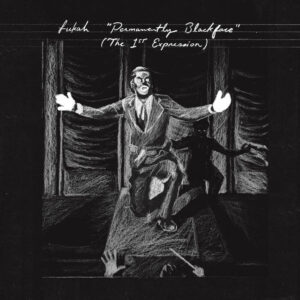
Just six months later, the prolific rapper is back with Temple Needs Water. Village Needs Peace. As with all of his albums, the title gives you a clear indication of its underlying themes and concept. “I think the title is relatively self-explanatory, but there are some double entendres there as well. For example, temple can mean body, while water represents knowledge. I came up with that because I genuinely feel that that’s what the world needs at this time.” Produced entirely by L.A.’s Real Bad Man, a kindred hip-hop classicist who was first connected to Lukah from their mutual collaborator Boldy James, Temple Needs Water. Village Needs Peace. is in many ways a response to the embittered and dark Permanently Blackface.
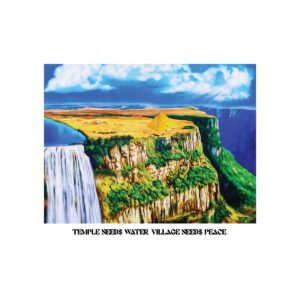
“It’s largely about people getting back to the roots of nature and realizing what a gift the earth is, and how much you can learn by reconnecting. I’ve been thinking a lot about the circle of life, which of course includes death. My favorite song is called ‘Burial,’ which features Talibah Safiya, and it’s about burying my old self. There’s a line on there where I say ‘this is my higher self, I put the lower in the burial/ Beautiful ceremonial, on to the next embryo.’ As we talked about earlier, that line is really about trying to bury the fucked-up trauma so as not to pass it down to my kids,” he says.
In this season of rebirth and renewal, it’s a welcomed sentiment and yet another example of the artist’s depth and wisdom. “This project is about the community, or the village. As long as you offer something–and I’m not talking about money–but whatever it is you can bring to the table, you’re welcome to participate and help this thing thrive.”
Temple Needs Water. Village Needs Peace. will be available for streaming on March 29th. Physical copies are expected to be released sometime after. Follow https://lukah.bandcamp.com for more information.
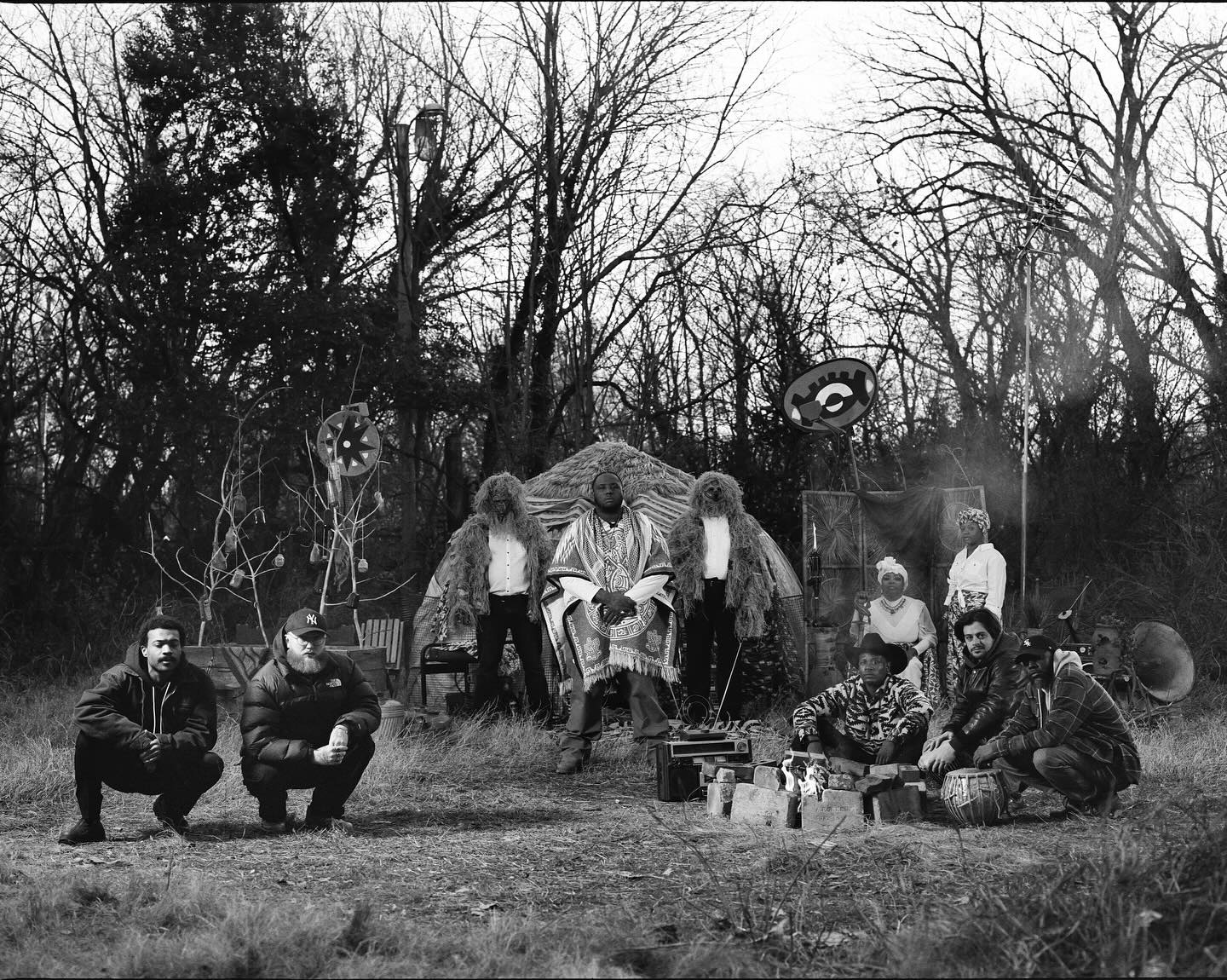



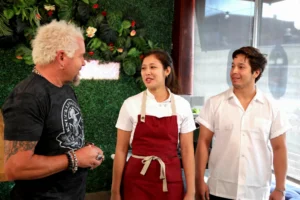


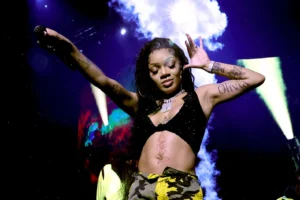
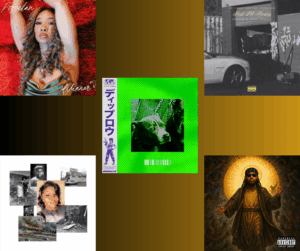
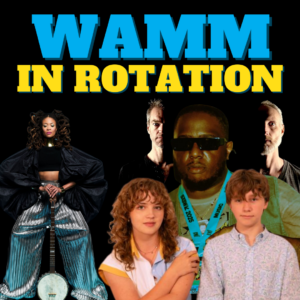



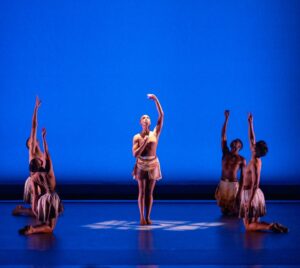


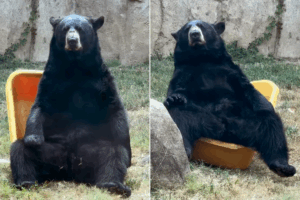

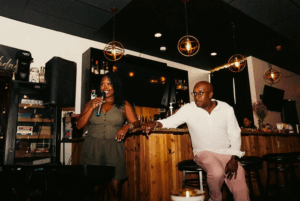




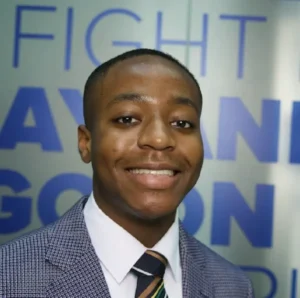


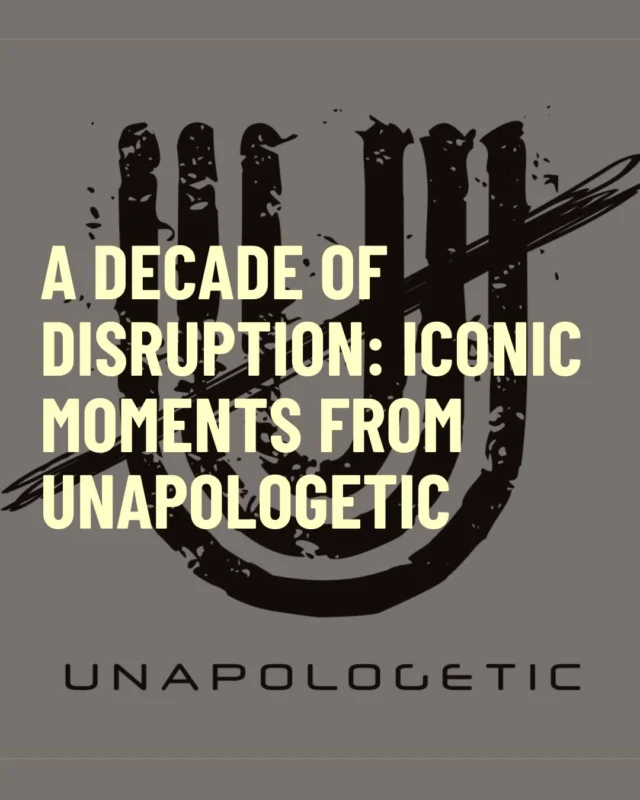

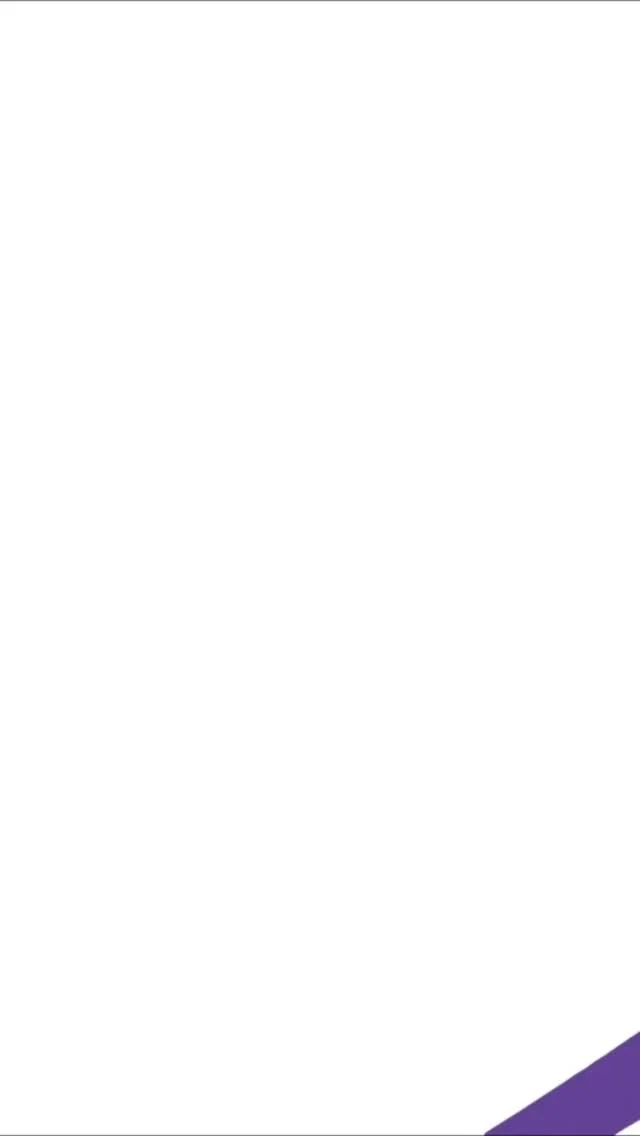
![The countdown is ON, Memphis! We’re officially 30 days out from the @unitememphis 5K + 1-Mile Walk/Run—and this year, we’re stepping into unity on 901 Day 🙌🏽
📍 Monday, September 1 | National Civil Rights Museum
🕘 Start time: 9:01AM
🎶 Food, music & fun to follow
Whether you’re walking or running, this isn’t just a race—it’s a movement. And there’s no better time to join in than now. 👟✨
🎓 COLLEGE STUDENTS: Be one of the first 100 to register using your .edu email with promo code NEXTGENUNITE and your ticket is just $10 (that’s a $32 savings 👀). Limit 2 per person, so tell a friend!
Let’s walk. Let’s run.
Let’s #UniteMemphis 💛
🔗 [link in bio]](https://wearememphis.com/wp-content/uploads/sb-instagram-feed-images/526805187_18335272954206022_6056852028660485499_nfull.webp)
